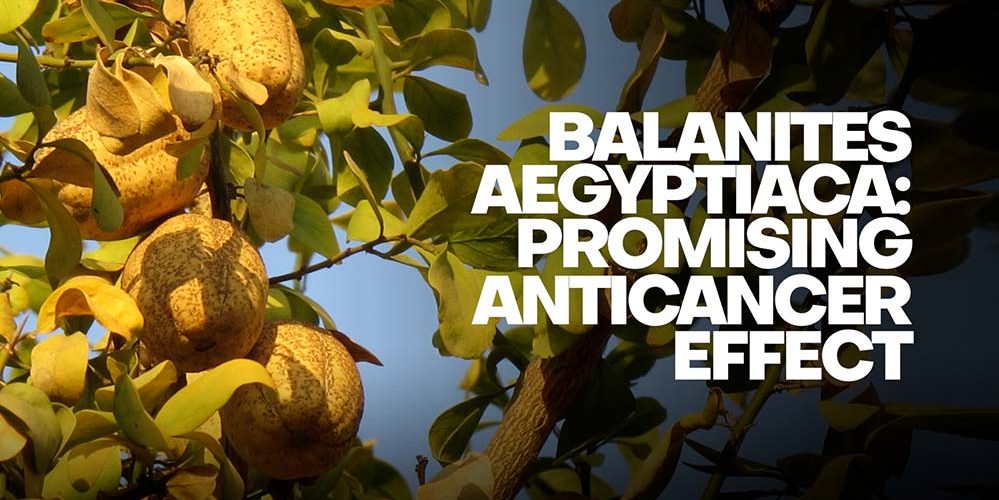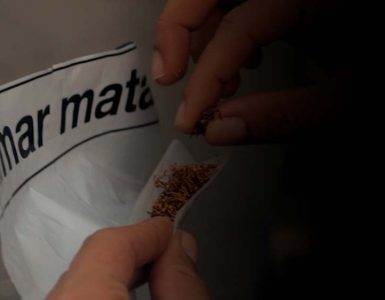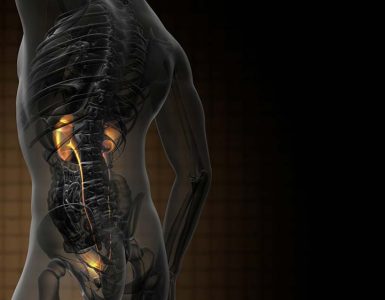Cancer is a leading cause of mortality worldwide. Millions of people die every year due to different types of cancer ranging from lung cancers to breast cancers. Transplantation of the tumor to a rodent is a most useful tool in experimental cancer research. Ehrlich carcinoma in mice resembles the most sensitive chemotherapeutical human tumors.
Today, the expansion of herbal medicine in the treatment and prevention of illness and health promotion gives promising hope. Balanites aegyptiaca (Balanitaceae) is a widely distributed African plant of medicinal interest. In folk medicine, the plant has been used for treating diabetes, jaundice, parasite removal, and as an antiseptic agent.
Recently, a group of scientists from Egypt studied the anti-angiogenic activity of Balanites aegyptiaca seeds extracts or BASE in Ehrlich ascites carcinoma bearing mice. They found that BASE has anti-angiogenic and antioxidant potential. It is observed to be renal-protective, as the administration of BASE improved the renal tissue in mice that were otherwise inflamed.
These findings could pave the way for the development of newer, safer, and more powerful antitumor agents.
The research work has been published in the Pakistan Journal of Nutrition.
















Add comment